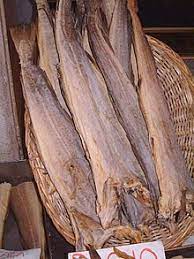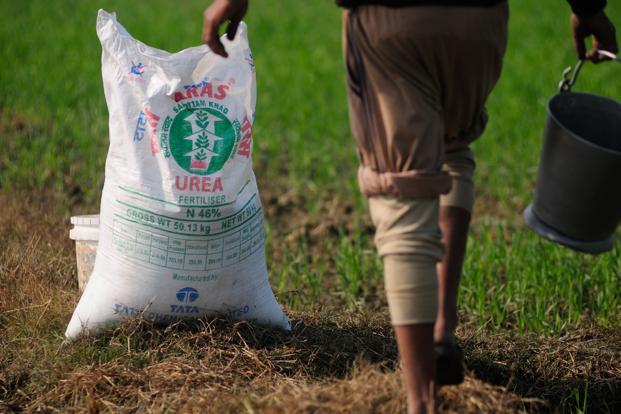The Premier Stock fish Importers Association of Nigeria says the future of stock fish industry will remain bleak following the continuous ban of stock fish from accessing foreign exchange.
The Chairman of the association, Mr Gregory Ilobinso, said on Thursday in Lagos.
The Central Bank of Nigeria (CBN) listed pelagic fish and stock fish among 44 items not eligible for foreign exchange (forex) window.
Ilobinso said the future of stock fish trade in Nigeria would remain bleak with the continuous ban.
“So many stock fish importers and traders have been out of business because of their inability to cope with the lack of forex.
“The stock fish sector hopes that with the new administration coming, the produce will be favoured and taken out of the forex access ban list.
“We are not losing hope because that is the only thing we have that is sustaining us now in the sector. We can barely breakeven in spite of the exorbitant cost of forex.
“Some of the stock fish exporters sometime provide importers with forex just to enable them to trade but it is based on long-term relationship.

“For instance, the Norwegian Seafood Council plays a key role in liaising with stock fish traders in fixing the price to accommodate our forex ban problems,” Ilobinso said.
He, however, reiterated that stock fish was not a threat to local aquaculture production but had its own unique place in Nigerian cuisine.
“Stock fish is not competing with any of our local fishes or even meat in the soup. It has its own peculiar position.
“That is why it enhances the taste of soups and some of our local delicacies and we are pretending not to know that is very important.
“So, we are just pleading to the government to tender justice with mercy and delist stock fish from the forex ban.
We are appealing to the government to save many jobs across the sector value chain with the delisting of the produce from the forex ban list,” he said.













